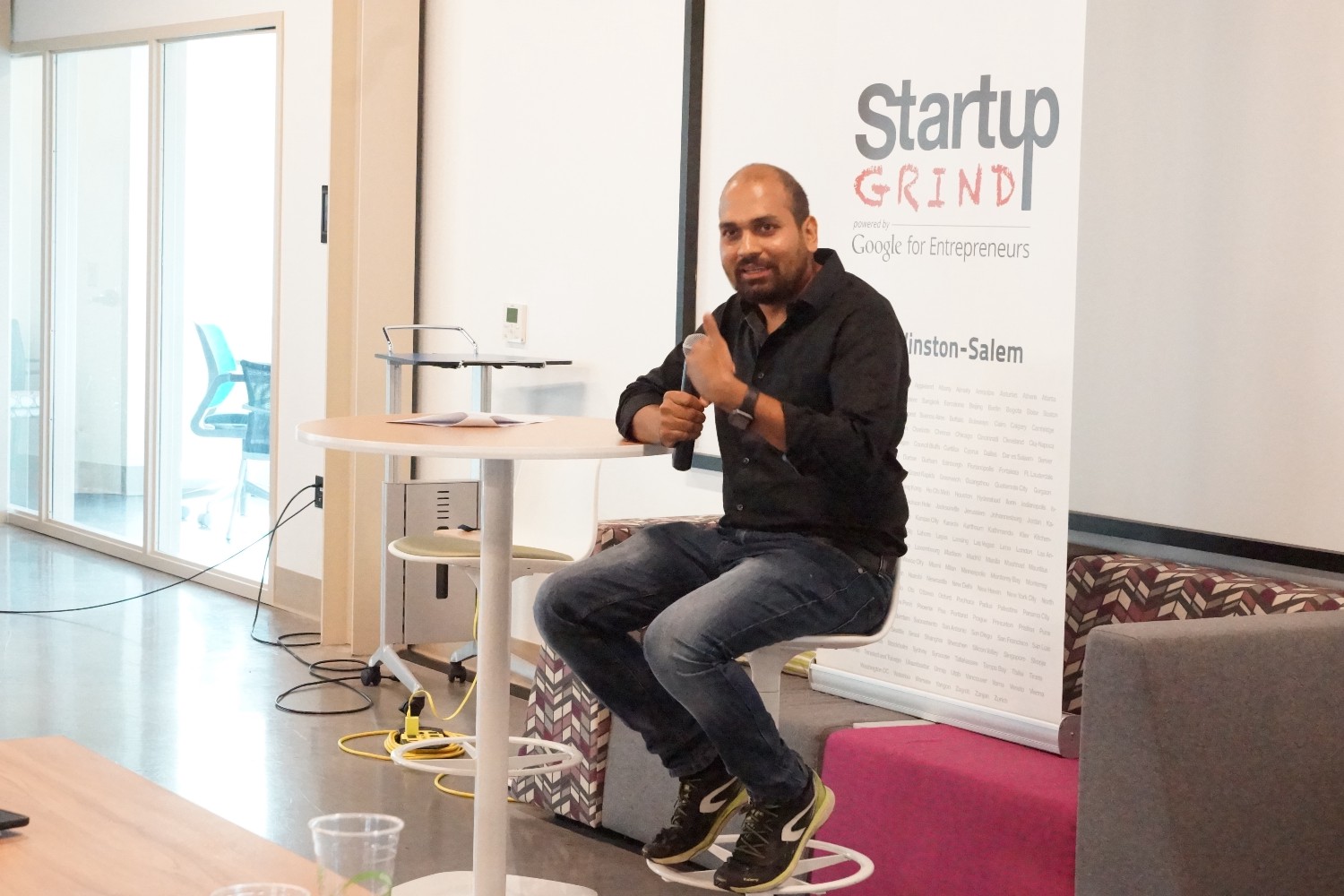Recently I had the opportunity to interview Ayush Jain from RemotePanda for the ongoing series: CEOs Share Leadership Strategies To Improve Your Company’s Culture.
RemotePanda- A curated marketplace to hire remote resources
Chapter Director of StartupGrind Pune. Built first company Mindbowser and took it from 0 to 1 million dollars annual revenue within 3 years in operations.
Worked on apps such as White and Yellow Pages and Smiling Mind that hit 3 and 4 million users respectively.
Krish Chopra: What are the 3 most important values that your company’s culture is based on?
Ayush Jain:
- Clear answer to the question ”Why we are doing what we are doing”
- Lots of communication and reinforcement to the belief
- Making sure that there is mutual respect for each other and each other’s work
Krish: Managing millennials can often be a polarizing topic. Can you elaborate on your advice for managing the “millennial mindset?”
Ayush:
- Provide enough challenges
- Try gamifying things with some easy and some hard wins
- Let them take the rider seat and trust them
Krish: What are your “5 Ways to Improve Your Company’s Culture” and why.
Ayush:
· I think that the key to company’s culture starts with the right people. As its said, hire people that are smart enough so that we don’t have to tell them what to do, Rather they tell us what to do. To hire such smart people also means attractive remuneration package — in the form of salary or other incentivization.
Like when we started building team for RemotePanda, we tried to keep open offers in terms of salaries and asked people what number they would like to put and in return what we can expect from them.
· The other thing required is making sure that the answer to the “why” is very clear. People should be clear that why they are part of the team. What their actions leads to and so on personally I have learnt this lesson from our customers. Some of our most successful customers have emphasized always that they answer the “why” to any person on boarded.
· Making sure that promises are made and kept. This also means that one has to be careful in making a promise.
Well learnt this lesson a hard way. When I started off I used to make lot of commitments and would try too many initiative too fast. Like one month we would be doing gamification, next month changing it to something else etc. Now after leading teams under such chaos, I have found more peace in the company by doing few things but doing them consistently.
· Using technology and doing continuous measurement of things
Well if you are not measuring then you are not improving on it. Data is really important in order to know where we are and where we ought to go. Without data, all efforts that we could be putting may just go waste.
· Living the culture yourself
Leading by example is really important while building culture. In fact you can’t expect people to be doing things that you yourself are not following.
In our company, punctuality is one of the areas I thought about improving. From having an attendance system to HR intervention we tried out different things but failed. People continued to show up late at meetings. Upon introspection, I figured out the crux of the matter which was my own approach to internal meetings where I was usually 5–10 mins late. I took the conscious effort of making sure to be on time on each meeting and I could see slowly the effect trickling down to the whole team.
Krish: Strong company culture is something that everyone likes to think they have but very few have it. Why do so many organizations struggle with creating strong, healthy work environments?
Ayush: I think that culture and the impact of actions on it is not something that can be easily tracked or even noticed. Like in sales, we have a report to see and chart our course, Culture may not have a definite number or scale. Its how the people of a particular organization may react to anything.
Even creating stimulating exercises are hard to build to measure culture.
One of the things to keep in mind is to put in efforts to keep the company as an identity that is not dependent on the founders/the people at the top etc
Day to day decisions by everyone should be taken keeping the benefit of the company as the sole reason for any decision. This way, there is a better chance of taking decisions that are not biased due to individual personalities and rapport.
Krish: What is one mistake you see a young start-up founders make in their culture or leadership practices?
Ayush: I would say not understanding the importance of culture is one of the major mistake. I have been one of those founders infact. As startup you are focussed mostly on the areas apparent to the eye such as marketing, sales, customer etc. Till the time you think to take up efforts on building culture, you may find that it is already built in the company. It is then hard to change. Again learnt it the hard way.
Krish: To add to the previous question, young CEOs often have a lot of pressure to perform and often wear many hats. What’s a simple time efficient strategy they can start doing today to improve their company’s culture?
Ayush: I would suggest putting out the values statement of the company right up there in the open in big fonts and keeping oneself and the team reminded of it. Unless the founders themselves live the culture they cant expect it to be built. Keep those values consistent and stick to them.
Krish: Success leaves clues. What has been your biggest influence in your leadership strategy and company culture?

Ayush: The Mind of a leader by HBR is a classic on leadership strategy especially on building a culture of leadership. I highly recommend it
Also I have learnt a lot of cues while hosting StartupGrind talks which gave me a chance to meet at least one successful entrepreneur and get inspired every month. I would suggest attending meetups such as StartupGrind can be helpful.
Krish: What advice do you have for employees that have bad bosses? How can they take control and improve a bad situation?
Ayush: Well if you cant change the boss, change the boss 🙂
Working with 100s of people in my career, I have come to realize that people remain same and it is really difficult to change. Hence, moving out of a situation is a credible solution unless there is enough reason to stay within and change it.
If you still have to be within and manage, I suggest collecting data points and then having a conversation with the boss based on that data rather than on a hypothetical imagination of mind.
Krish: Okay, we made it! Last question — what’s one unique hack you or your company does that has enhanced your work culture?
Ayush: We actually put out our values on a big white board that is visible to everyone in the team all the time. I also keep iterating points out of it whenever the context of a conversation allows
Here are RemotePanda values
- Be committed to commitment
- Loudly say Yes or No
- Dont skip fun and health
A note to the readers: Improving company culture happens at any level in an organization. If you learned one thing in this interview, please share this with someone close to you.
A special thanks to Ayush Jain again!
Stay in the loop — Follow me and get updates when I post new leadership articles and interviews — check me out here:
Originally published at medium.com


